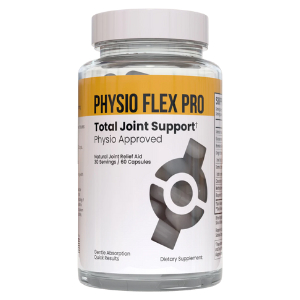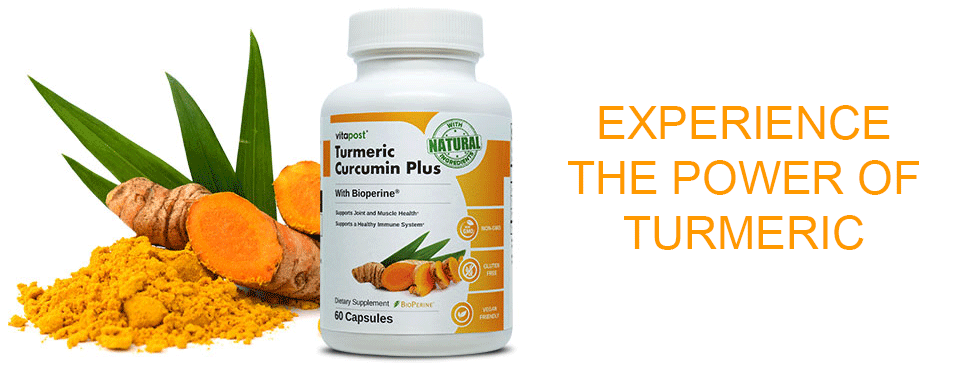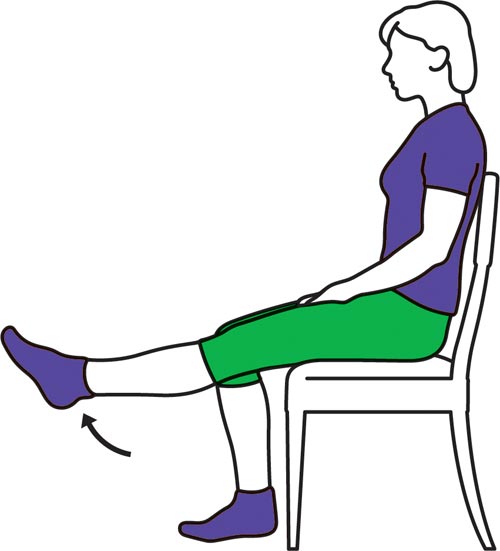Vitamins For Cracking Knees. What you need to know!
The knees can be one of the most troublesome body areas, especially as we get older. While there are various reasons why knees might start to crack, joint pain, and other issues, taking the right vitamins can help alleviate some of these problems. Here are things that are essential for keeping your knees healthy.

What is Cracking Knees?
Cracking knees is the sound of air bubbles popping in the synovial fluid that surrounds the joint. It’s usually a harmless noise, but it can sometimes signify arthritis or other joint problems.
The knee joint is surrounded by a synovial membrane that produces synovial fluid. This fluid helps to lubricate and cushion the joint. It also contains white blood cells that help fight infection and remove waste products from the area.
Synovial fluid contains nitrogen gas bubbles created as the fluid circulates through the joint. When you bend your knee, the pressure on these bubbles causes them to burst and makes a cracking sound.
There is a similar noise when you flex your elbow, called crepitus.
Treatment for Cracking Knees
There are a few potential causes of cracking knees, and the treatment will vary depending on the underlying cause. For example, if the cracking is caused by arthritis, medications or surgery may be necessary to treat the condition.
If the cracking is due to a lack of lubrication in the joint, supplements or oils can help lubricate the joint and reduce inflammation. Exercise may also help to improve flexibility and range of motion in the knee joint. In general, it’s essential to stay active and keep your joints moving to help reduce pain and stiffness.
Physio Flex Pro – Best Supplement for Cracking Knee Joints

Supplements for Cracking Knees
Vitamin D3: One of the leading causes of cracking knees is inflammation due to lack of lubrication in the joints. Many people don’t get enough vitamin D in their diet, and research shows that people with low vitamin D levels experience more knee pain and cracking than those with higher levels.
Vitamin D supplements can help reduce inflammation and improve joint functionality. Supplementing between 800-4000 IU per day is recommended for most adults.
Turmeric: Turmeric has similar anti-inflammatory properties to some over-the-counter anti-aging creams without harmful chemicals or side effects. It’s easily digestible and absorbed by the body, which means it can be taken orally as a supplement.

Turmeric supplements may help reduce knee inflammation and improve joint functionality. Like with vitamin D, taking between 800-4000 IU per day is recommended for most adults.
Glucosamine: Glucosamine is vital for making proteins that are responsible for building the connective tissue in your joints – including those around your knees. Glucosamine supplements can help strengthen ligaments and keep them healthy, making them more able to support the weight of your entire body when you walk or squat.
Taking a glucosamine supplement may reduce knee pain associated with arthritis – however, they are not recommended for everyone.
Whole food and Plant-based: Whole foods containing vitamins for cracking knees like vitamin D, turmeric, glucosamine, and other nutrients can help reduce inflammation in the body. They also provide many other health benefits besides reducing knee pain!
These include improving digestion, lowering blood pressure, balancing cholesterol levels, strengthening the immune system, and preventing cancer.
Tips to Follow to Avoid or Prevent Cracking Knees
Exercise daily
Exercise is vital for your overall health and wellness. It can help reduce pain and stiffness in the joints, including your knees. Exercising regularly may be as effective as taking medications to relieve knee pain without any harmful effects on the body.
Different exercises are suitable for different individuals based on their fitness level and how much they want to push themselves. Whatever you can do, however long you can last for, all counts!
Use pads: Using kneepads can protect your skin from getting sore or irritated when you’re exercising or working.
Wear comfortable shoes: If you’re on your feet all day, you should wear comfortable shoes to keep pressure off your knees! Avoid high heels or any other shoes that don’t support the foot properly. Keep in mind that even if they are pleasant to look at, some boots and sandals can put extra strain on your knees throughout the day.
Use cold packs: We recommend using an ice pack to reduce inflammation around your joints after exercising or working for long periods. You can also use these packs on sore areas directly for up to 20 minutes every 4 hours.
Stay active throughout the day
It’s easy to get lazy if you’re having a bad day or don’t feel like moving around that much, but staying active will keep your muscles strong and prevent stiffness from setting in. It can also help get your blood flowing regularly, essential for healthy joints.
In addition to spending time outdoors and exercising, try taking frequent breaks from sitting or standing during the day by doing things like stretching, going for a walk, or doing some gentle yoga poses.
Taking a break will help give your muscles a chance to relax and reduce stiffness over time. This is especially important if you work a desk job where you remain seated for most of the day.
Support yourself with pillows whenever you sit down
Getting comfortable when your home should be one of your top priorities! Sitting on hard surfaces can make it difficult to stand back up again, so ensure you’re not setting yourself up for a bad time by propping your body with pillows.
Keep your weight under control
Extra pounds put more stress on the joints in your knees and cause them to wear out much faster than they would if you were lighter. So, keeping within a healthy weight range is vital for keeping the pain away!
Stay hydrated
Keeping yourself hydrated will help protect your joints from damage. Remember, you should be getting at least half your body weight in ounces of water every day. This is where drinking glasses/bottles with measurements on them can be helpful!
Avoid alcohol: Alcoholic drinks are dehydrating, and it’s essential to stay hydrated if you want to prevent joint pain.
Conclusion
There are many ways to deal with the pain of arthritis and other conditions that prevent you from enjoying your life. Hopefully, this article has given you some valuable information on how supplements like vitamin D, turmeric, and glucosamine can help reduce knee pain and relieve discomfort.
